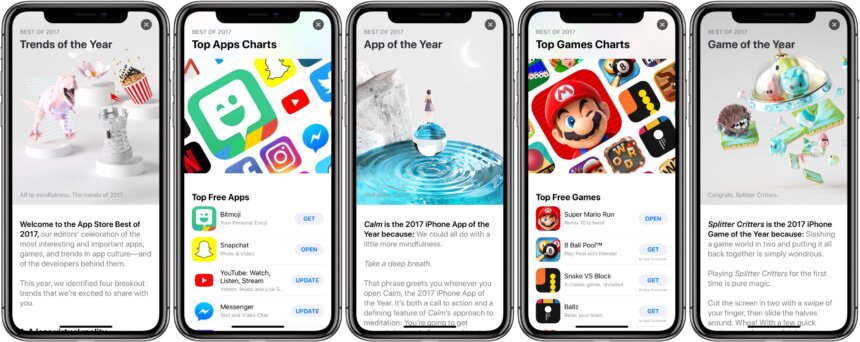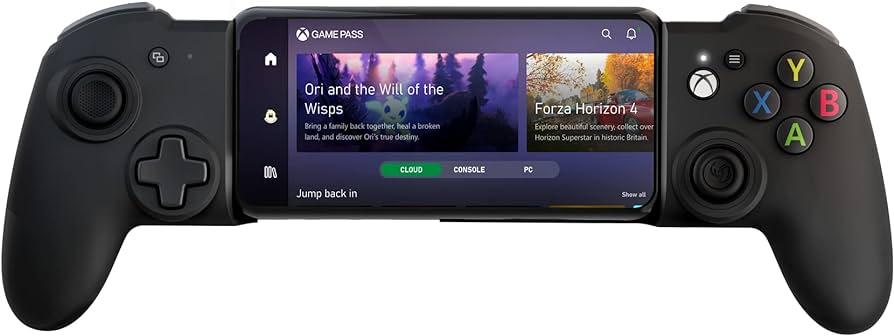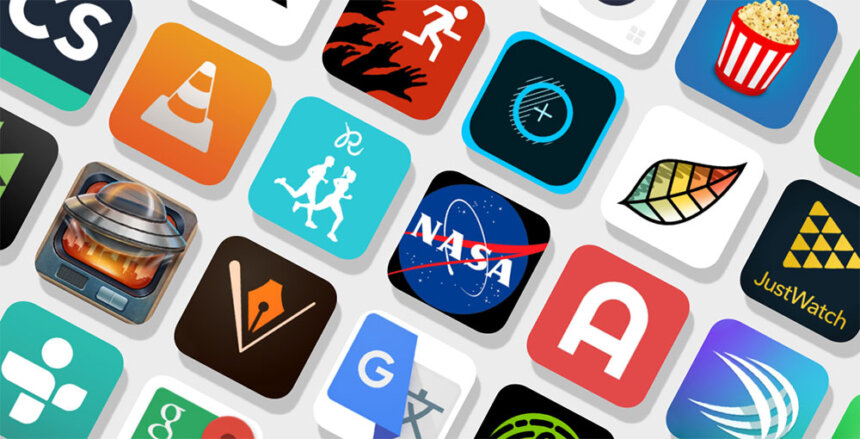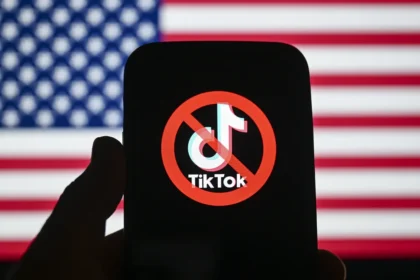In the ever-evolving landscape where both Apple and Google boast about their gaming capabilities on their respective operating systems, users often find themselves pondering the question: Which platform truly suits mobile gaming?
Mobile gaming stands as one of the most popular applications for smartphones, and this trend shows no signs of slowing down. As mobile hardware and software become increasingly powerful, the two primary mobile ecosystems, Android and iPhone, are keeping pace with the growing demand for entertainment.
In reality, users can now play a plethora of games on their handheld devices, ranging from traditional mobile games to AAA titles with stunning graphics. However, as both Apple and Google continually highlight their gaming capabilities, users are left wondering: Which platform is genuinely more suitable for gaming?
iPhone’s App Store Advantage

When it comes to choosing a smartphone for mobile gaming, even the most powerful device becomes ineffective without a diverse game library. This is where iOS shines with its App Store.
While the gap between the number of games available on iOS’s App Store and Android’s Play Store isn’t massive, it does exist. Apple, releasing an average of three to four iPhone models each year, tends to attract game developers who prefer releasing their games on the App Store rather than optimizing them for the myriad of Android devices in the market.
In essence, many popular apps and games often debut on the App Store first, and after achieving a certain level of success in terms of revenue or user numbers, they may then be ported to Android. This ensures efficiency in the process of adapting or rewriting applications for the second operating system.
Of course, while most Android users eventually get to play the same games as iOS users, it’s akin to PC gamers patiently waiting for exclusive PlayStation games to arrive on Steam.
Moreover, iOS boasts Apple Arcade, a subscription service offering exclusive games not found anywhere else. This means there are certain games, including highly popular ones, that you won’t find on the App Store.
Android’s Versatility with Third-Party Apps
One notable advantage of Android is the ability to install any app from any source without relying on the official Google Play Store. This freedom is a clear distinction from iOS. For instance, iOS users may find it challenging to play Fortnite since Epic Games removed it from the App Store due to conflicts with Apple. This is in stark contrast to Android users, who can easily visit Fortnite’s official website and download the installer.
Besides mobile games, Android users can also install emulators for older Nintendo and PlayStation consoles to relive classic games like “Super Mario Bros.” or “Sonic.” This showcases Android’s flexibility in exploring both legitimate and unofficial game content.
While technically similar capabilities can be achieved on an iPhone, users might need to jailbreak their device, which voids Apple’s warranty.
iPhone: Home to More AAA Titles

With the launch of the iPhone 15 and 15 Pro Max, iOS users were promised a slew of AAA blockbuster games like Death Stranding and Resident Evil 4. This is made possible by the advanced processing power of the A17 Pro chip, enabling smooth gameplay for graphically intensive titles ported from consoles and PCs.
The configuration of the latest iPhone models can handle even the most demanding games of the current time, such as Genshin Impact.
If Apple delivers on its promise to bring more blockbuster games to iOS, the iPhone will become the mobile gaming device that every gamer desires, providing a remarkable edge over any Android device. In other words, if the iPhone becomes a genuine choice for playing AAA games, it’s hard to imagine any gamer opting for Android as an alternative.
Android: A Haven for Gaming Accessories

For those prioritizing gaming, the latest iPhone models will undoubtedly meet their needs. However, for features and devices optimized for avid mobile gamers, Android truly shines as a paradise for users.
Android users can experience active cooling solutions that keep the device running cool, gaming controllers for enhanced gameplay, pressure-sensitive touch buttons, and even a cooling fan installed at the back of the device with a wired headphone jack.
Furthermore, numerous mid-range Android phones offer fantastic gaming experiences at a significantly lower cost than the latest iPhones. Premium Android phones like the Samsung Galaxy S23 Ultra and others, while not designed specifically for gaming, boast powerful configurations ideal for smooth gameplay.
The iPhone certainly does not lag behind in gaming, but for users wanting their phone to cater specifically to gaming needs, Android fills that void.
Which Operating System Fits Gaming Best?
After considering all the key differences between Android and iOS in terms of mobile gaming, it’s clear that both operating systems have their strengths and weaknesses. The crucial point here is to understand which platform aligns best with the specific needs of each user.
According to SlashGear, the iPhone is likely the device that will satisfy the majority of users. It grants access to an incredibly rich game library, including AAA blockbuster games, coupled with top-of-the-line hardware configurations ready to handle these games seamlessly.
On the other hand, Android is more suitable for users who enjoy exploring and playing games, especially when they own flagship smartphones with robust configurations. Android users can easily utilize a plethora of accessories to support the gaming experience.
In conclusion, while the iPhone is an excellent device for gaming, Android truly caters to users who like to tinker, find, and play a variety of games, particularly with high-end gaming smartphones and a wide array of accessories.







